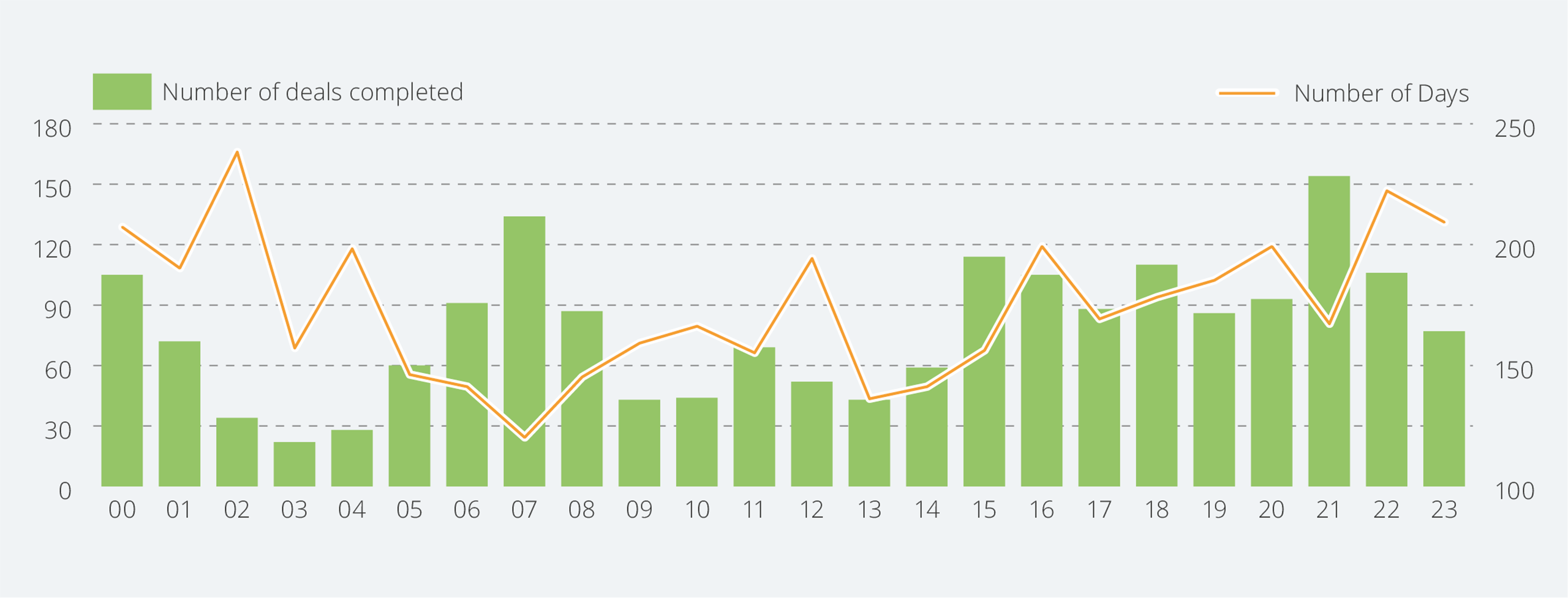Whatever the politics, it’s all becoming a headache for deal professionals. All the uncertainty of months-long delays must now be provided for contractually.
“What if it’s not authorised, how are costs covered? What if the authorisation is conditional? Seven months is a long time – a lot can happen with the company: material adverse changes, war, new legislation. If it’s a deal that will require a lot of notifications, you have to provide for these eventualities, and in the meantime the company is frozen. It will not be making long-term strategic decisions or investments – it will just run on a day-to-day basis. And in the meantime, the deal financing package must hold.” says M Bloch.
“In response to this, we are naturally seeing a standardisation of contract practice, including terms around price adjustment. It is an element of complexity in the deal landscape that has arisen.”
In other words, there are always solutions to such problems, but they take time. And in private equity, like everywhere else, time is money.
Will the elongation of approvals shift the performance metrics away from time-weighted IRRs (which are measured from completion) in favour of absolute measures?
And what about exit strategies themselves? Cross-border corporate acquirers may find they have to pay a ‘strategic premium’ when up against domestic acquirers and funds. That could be good for private equity on the way in, of course.
Meanwhile, smaller companies tend to get caught by fewer protectionist measures. This could further increase the relative attractiveness of buy-and-builds, where add-ons are typically under-the-radar in terms of scale.
While it’s probably not a game-changer for private equity deal-making, the cumulative impact of this trend, in a part of the process that was once taken for granted, could add up to something quite meaningful. One to watch. ☐
A full version of this article appeared in PLATFORM 11, Summer 2024



